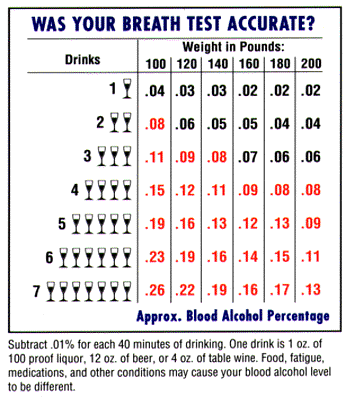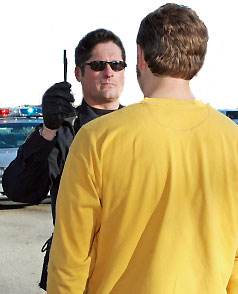A federal judge ruled July 27 that Florida’s drug law was unconstitutional, leaving thousands of criminal cases up in the air. US District Court Judge Mary Scriven of Orlando threw out the Florida Drug Abuse Prevention and Control law on the grounds that it violates due process because it does not require prosecutors to prove a person knew he or she possessed illegal drugs. In 2002, Florida legislators amended the state’s drug law, eliminating the requirement that prosecutors prove mens rea, or criminal intent, as part of obtaining a conviction. Florida was the only state in the nation to not require mens rea as part of a drug conviction.
“Not surprisingly, Florida stands alone in its express elimination of mens rea as an element of a drug offense,” Scriven wrote in her order. “Other states have rejected such a draconian and unreasonable construction of the law that would criminalize the ‘unknowing’ possession of a controlled substance.”
The ruling came in the case of Mackle Vincent Shelton, 33, who was convicted in 2005 of drug charges in Osceola County. Shelton, who is currently serving an 18-year prison sentence for cocaine delivery and other charges, appealed his conviction on the grounds that the jury wasn’t required to consider intent in order to convict him.
In his instructions to the jury in Shelton’s case, the trial judge told jurors that “to prove the crime of delivery of cocaine, the state must prove the following two elements beyond a reasonable doubt: that Mackle Vincent Shelton delivered a certain substance; and, that the substance was cocaine.” The state did not have to prove that he knew he was carrying or distributing cocaine or any controlled substance at all.
The National Association of Criminal Defense Lawyers (NACDL), which filed an amicus curiae brief in the case, pointed out that without the criminal intent requirement, “a Federal Express delivery person who unknowingly delivers a parcel containing a controlled substance, would be presumed a felon under Florida’s drug law.” Joining the NACDL in filing the brief, which was favorably cited by the court, were the Florida Association of Criminal Defense Lawyers, the ACLU of Florida, the Drug Policy Alliance, the Calvert Institute for Policy Research, and 38 professors of law.
Florida defense attorneys applauded the ruling, saying the impact could be huge. Several told the St. Petersburg Times they intended to file motions seeking dismissal of pending drug cases, citing the judge’s order.
“It has one of the largest potential effects on criminal law in the past decade,” said St. Petersburg lawyer Jeff Brown. “We’re talking hundreds of thousands of drug cases.”
“In declaring the statute unconstitutional on its face, it appears that all drug prosecutions in the state are at risk,” said Tampa defense lawyer Eddie Suarez.
That’s tough, said Tampa attorney James Felman, who represented Shelton. Legislators should not have written an unconstitutional law removing mens rea, he said. “It takes the presumption of innocence and throws it in the garbage can,” Felman said. “I think the legislature must immediately fix the statute,” he said. “This is not a close call. No state has ever done this before. Legally, it’s beyond the pale.”
“This is a victory for the most fundamental notions of fairness and justice in our system — the idea that no one should suffer a conviction unless the state proves criminal intent beyond a reasonable doubt,” said NACDL executive director Norman Reimer. “As I previously said about this case, the country has been drifting away from the moral anchor of a clearly defined mens rearequirement in its criminal laws. Laws like these would run it aground.”
Filed under: Arrests, Blogroll, BSO News & Info, county court judges, Court Cases, DEFENDANT Info, Florida Statutes, misdemeanor criminal cases | Tagged: broward county arrests, Broward County Clerk of Court, Client Info, criminal defense, Drug Possession, get out of jail now | Leave a comment »






You must be logged in to post a comment.